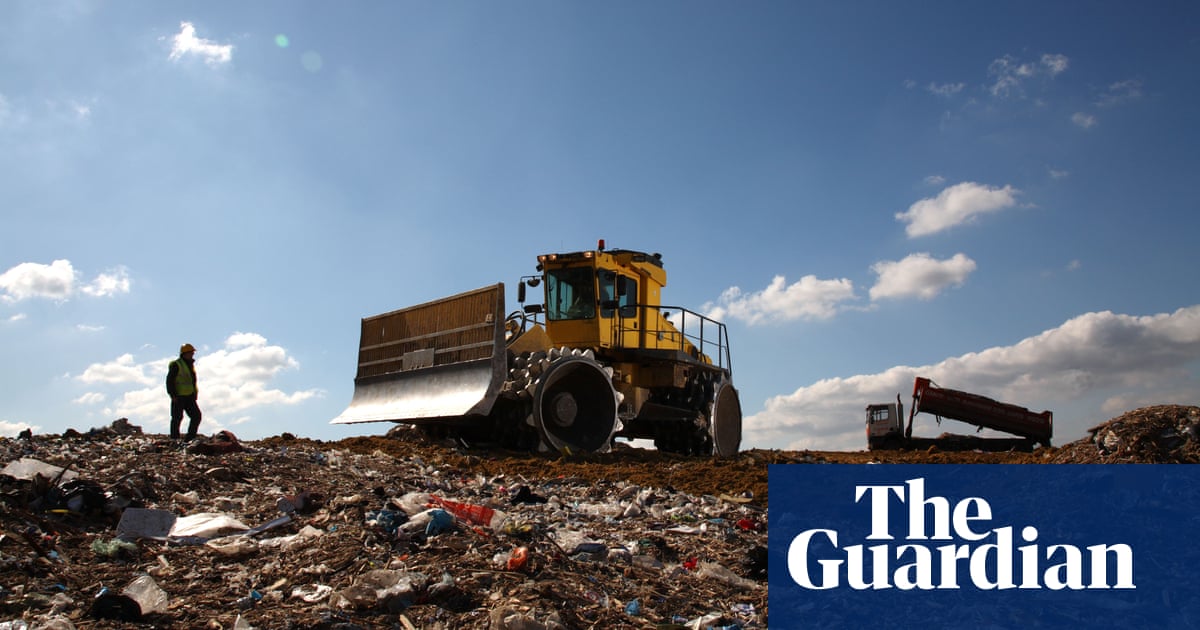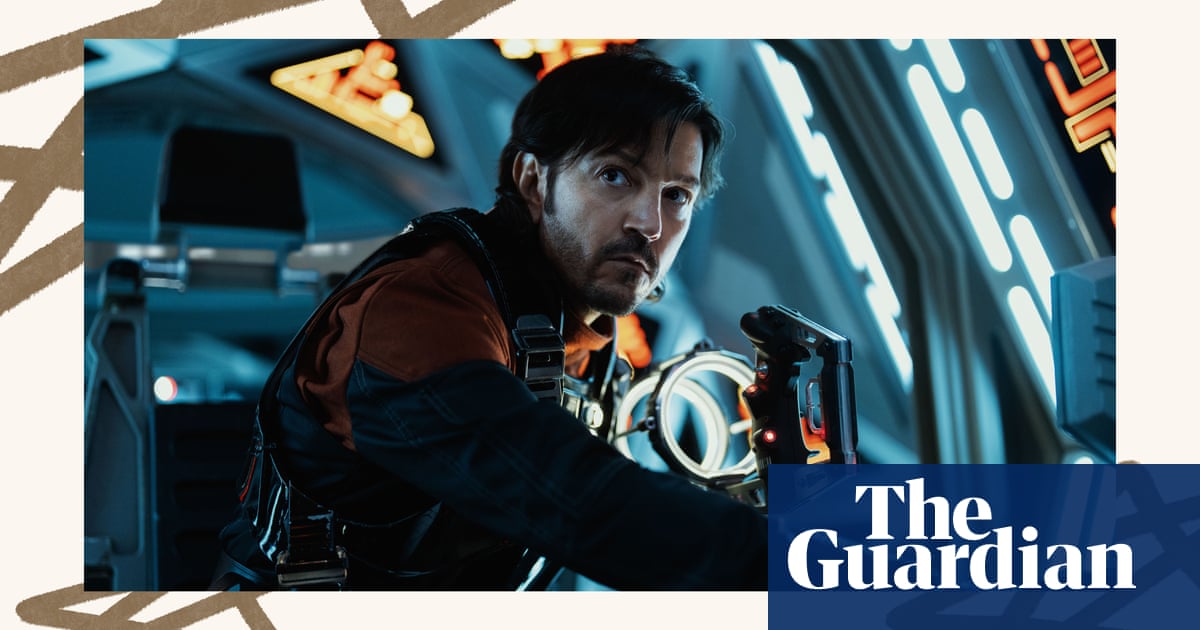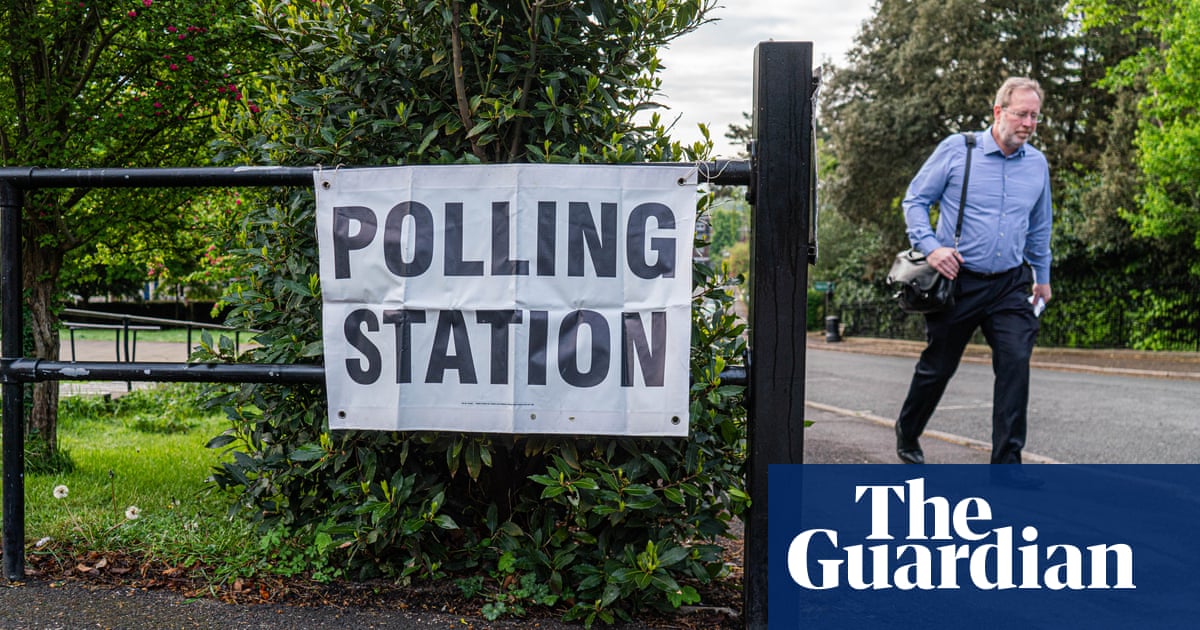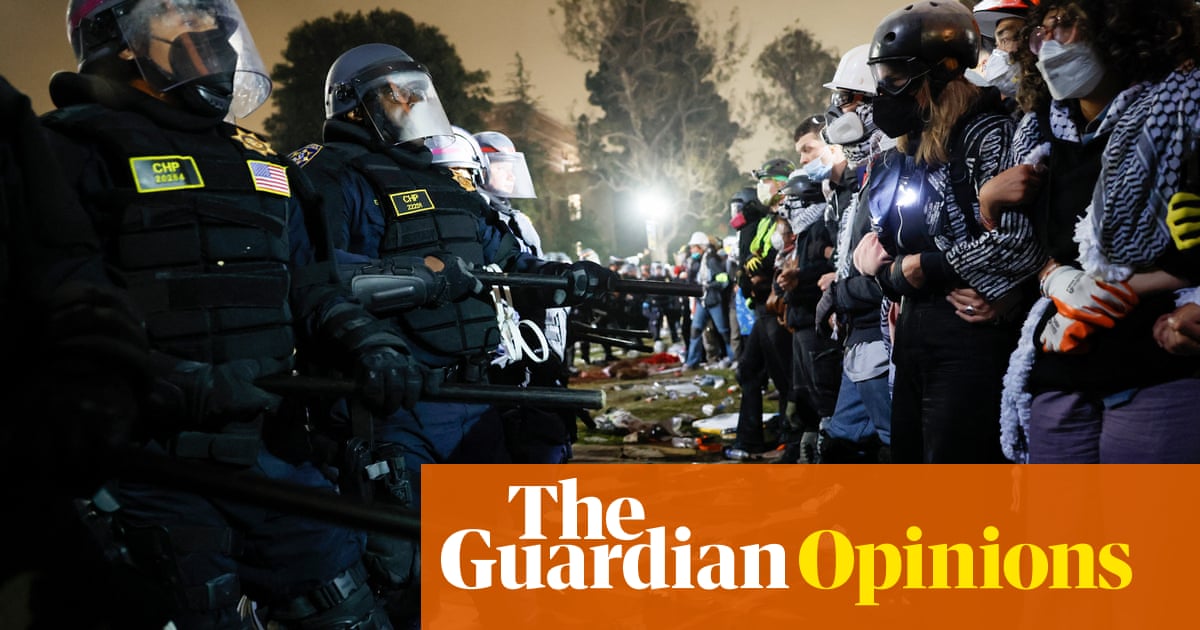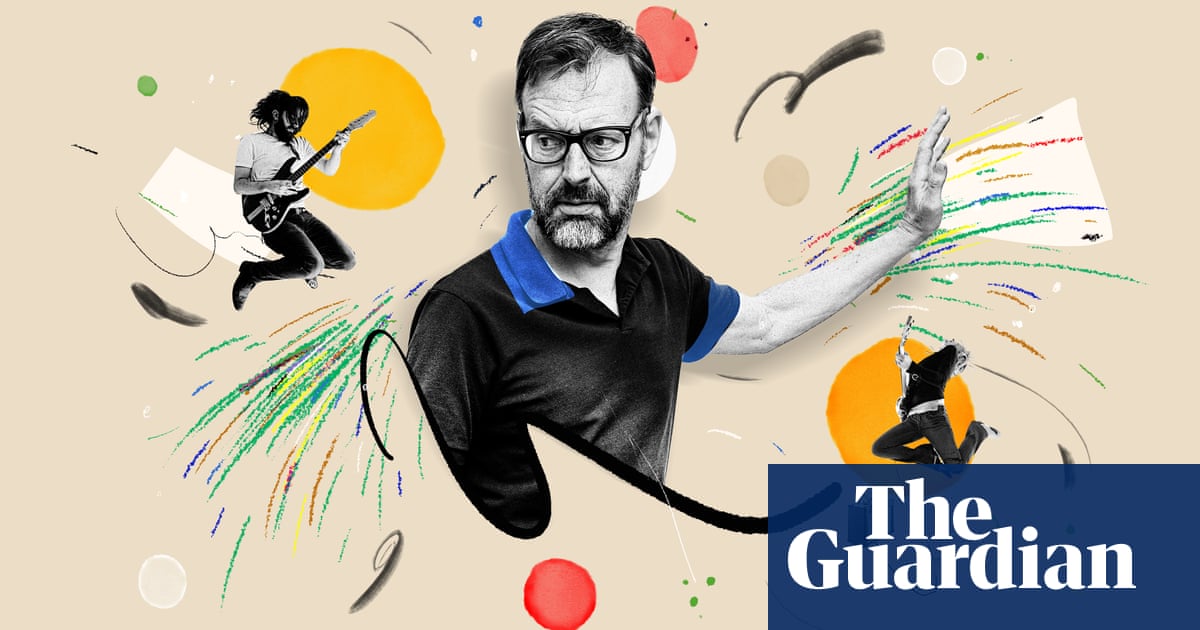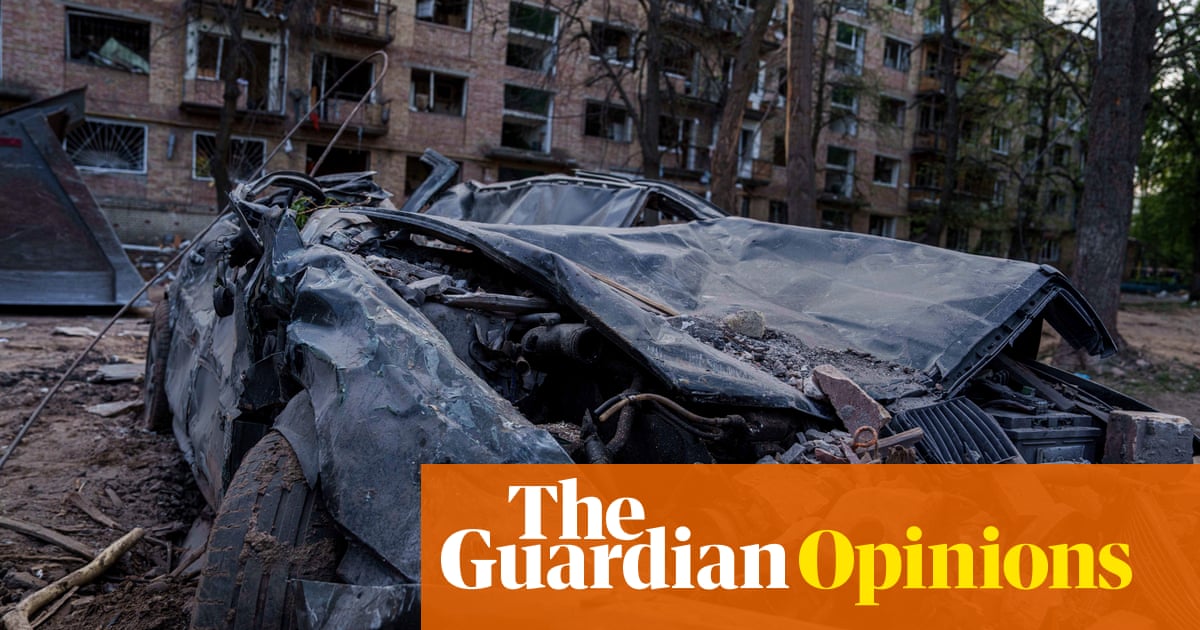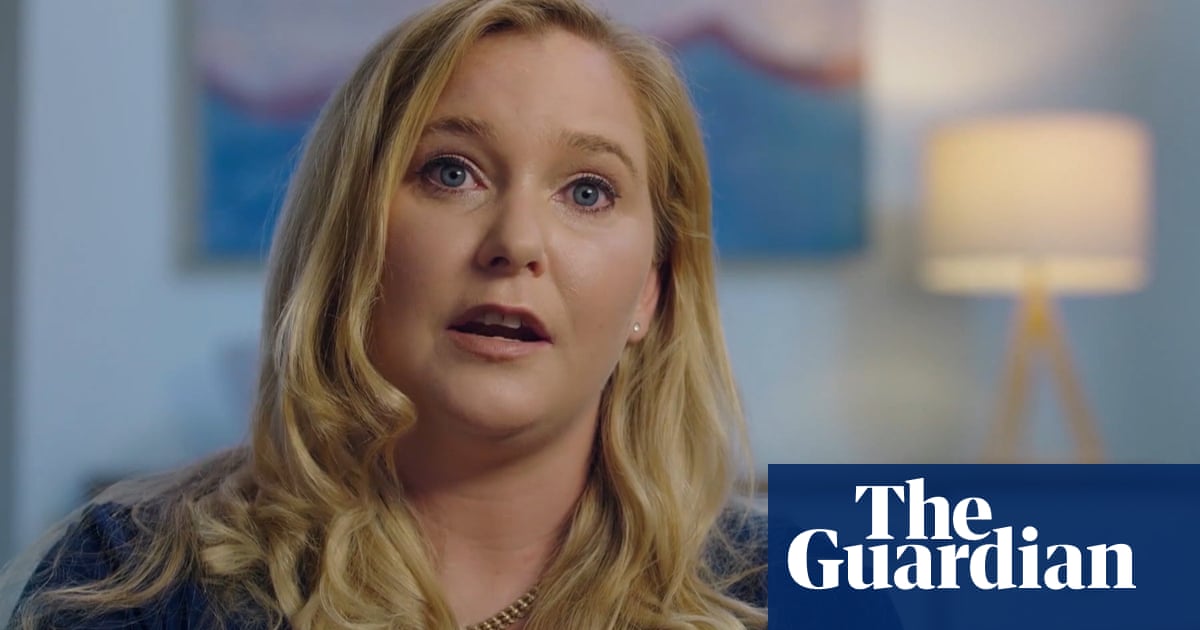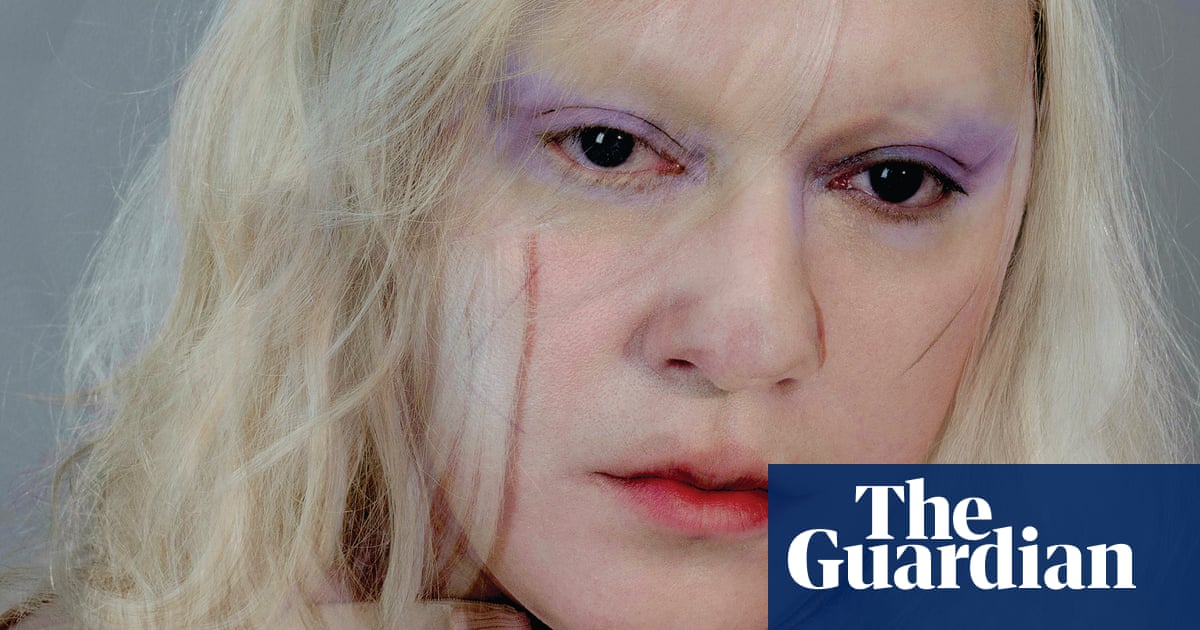Right, you ’orrible lot. That’s quite enough seasonal goodwill for you. Time to get back to business. Your first new true-crime documentary of the year is here: The Amazon Review Killer.
It is the dismally grim tale of estate agent, sex offender and serial killer Todd Kohlhepp. He was convicted in 2017 of seven murders and has since said that he is responsible for many more, though he has not given the authorities any details.
Kohlhepp’s story is unusual for the genre only in that his tendency towards extreme violence was first recognised and punished so early on. At 15, he kidnapped, threatened with a gun and raped his 14-year-old neighbour, saying he would kill her family if she told anyone. He was given a 15-year sentence for the crime and registered as a sex offender. At 30, he was released and under no supervision.
From there, the pattern to anyone other than the most casual viewer of such documentaries is familiar – which is horrifying on a human level, but faintly unrewarding on the “Did I just spend nearly two hours of my life watching this?” level.
Not so astonishingly, the former felon lies about his conviction and status as a registered sex offender, gets a real estate licence and builds a successful business. People remember him as bonhomous and charming. Criminal psychologists are on hand to tell us – repeatedly – this is a facade that narcissists, and those with the borderline personality disorder Kohlhepp was diagnosed with in prison, find easy to maintain. Beneath that, he was cold, easily enraged and moved to vengeance against those who mocked him or whom he perceived as not giving him his due as a superior being.
When he is laughed at (or feels he is being laughed at) by Scott Ponder, the owner of a motorcycle shop, for trying to return a new bike that has proved too much for him to handle, he returns and shoots him dead, along with two other employees, Brian Lucas and Chris Sherbert, plus Ponder’s mother, Beverly Guy. This was in 2003. The police compile a list of recent customers to interview but concentrate on those who had complained about the condition of the secondhand bikes Ponder also sold. They do not unearth the fact that a violent sex offender is among the names.
Whether it is not possible to have a true-crime series without an element of police incompetence to complicate the narrative, or simply not possible to have a true crime without one, I do not know. Given current headlines, I lean towards the latter.
In 2015, a couple go missing – Meagan Coxie, a waitress from Kohlhepp’s local Waffle House (where he had made female staff so uncomfortable that eventually his orders were only taken by male staff) and her husband, Johnny Coxie. The police have no leads and the Coxies have no real ties to the community or family around to make a fuss when the case goes cold.
The following year, a more affluent, better-known local couple go missing – Kala Brown and Charles Carver. Phone records reveal that Charles’s phone is on Kohlhepp’s property and that Brown and he had messaged about the couple coming to work on Kohlhepp’s 95-acre farm. Shown in extraordinary footage from the time, Brown is found chained up in a storage container. Charles’s body and the Coxies’ are found in graves.
The USP of this tedious, grindingly repetitive documentary, which should have been 70 minutes at the very most, is that Kohlhepp habitually posted provocative (at least after the fact) Amazon reviews of the knives, shovels and locks he bought to carry out his crimes. “Keep this in the car for when you have to hide the bodies”, “Haven’t stabbed anyone … yet. When I do it will be with a quality tool like this” and so on.
But what do we learn from it all? That conscienceless evildoers walk among us as they have always done. That they look and act pretty normally – as long as we class men who sometimes watch pornography at work or make waitresses feel uncomfortable as normal. And we do. That the police cannot be relied upon. That evil is as banal as Hannah Arendt said. In other words – nothing new. If there is nothing to learn from such a programme, you are easily into exploitative, amoral territory and need to stop and ask: why are we making this and why are we watching?

.png) 3 months ago
35
3 months ago
35





